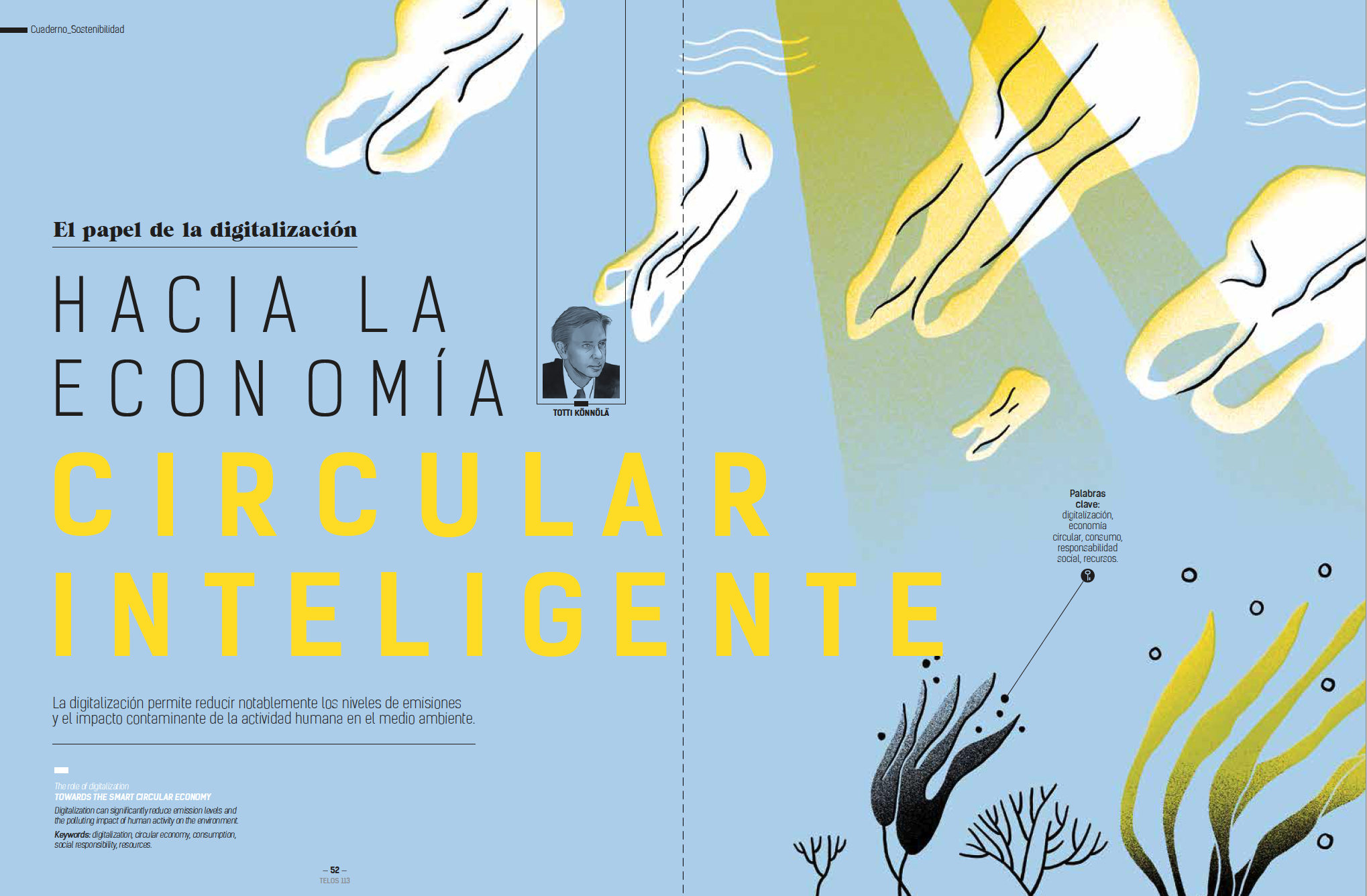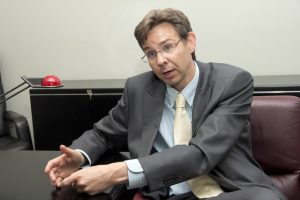Madrid, January 2025 – Insight Foresight Institute (IFI) and Experience & Wiser (E&W) have joined forces to make the business sector more innovative and sustainable. This agreement aims to provide joint solutions to entities in areas such as talent management, international business strategy, and sustainable innovation.
About Experience & Wiser
E&W is a consulting firm specializing in business strategy and talent management. The firm’s core activity focuses on helping companies tackle challenges in these areas. Experience & Wiser develops strategic plans to enhance business positioning through talent attraction and retention.
More information at: https://www.e-w.es

An innovative approach to the business future
Insight Foresight Institute firmly believes that building a sustainable future largely depends on integrating new technologies and sound business management, both strategically and in terms of human capital. The alliance with E&W enhances IFI’s ability to translate advanced research into tangible strategies that drive business development on a global scale.
Executives from both entities have identified key areas in which they will collaborate after forming this alliance:
- Sustainable Growth Strategies: Designing strategic plans that guide businesses toward long-term success.
- Boosting Innovation and Corporate Entrepreneurship: Encouraging creativity and disruptive ideas to drive transformation and differentiation within the sector.
- Talent Development and Organizational Resilience: Providing tools for organizations to manage change and strengthen their human teams in the face of new challenges.
Statements from the executives of both entities
Totti Könnölä, CEO of Insight Foresight Institute, states:
“To advance towards a more sustainable economy, it is essential to adopt technological and social innovations, but also to develop new skills and transform the way we work. The alliance with Experience & Wiser allows us to enhance our vision and enrich the solutions we offer to companies and institutions.”
Olga Ramírez, Managing Partner at Experience & Wiser, adds:
“This alliance strengthens our ability to support companies in adapting to an increasingly competitive and changing environment. Together with IFI, we will be able to offer our clients a broader vision and more innovative solutions to anticipate challenges and build a sustainable and competitive future.”



 Juan Mulet Melia, a member of the Innovation Council of IFI, and Totti Könnölä, CEO of the Insight Foresight Institute (IFI), write in Cinco Días, one of the leading economic journals in Spain, to promote smart specialization in the regions.
Juan Mulet Melia, a member of the Innovation Council of IFI, and Totti Könnölä, CEO of the Insight Foresight Institute (IFI), write in Cinco Días, one of the leading economic journals in Spain, to promote smart specialization in the regions.